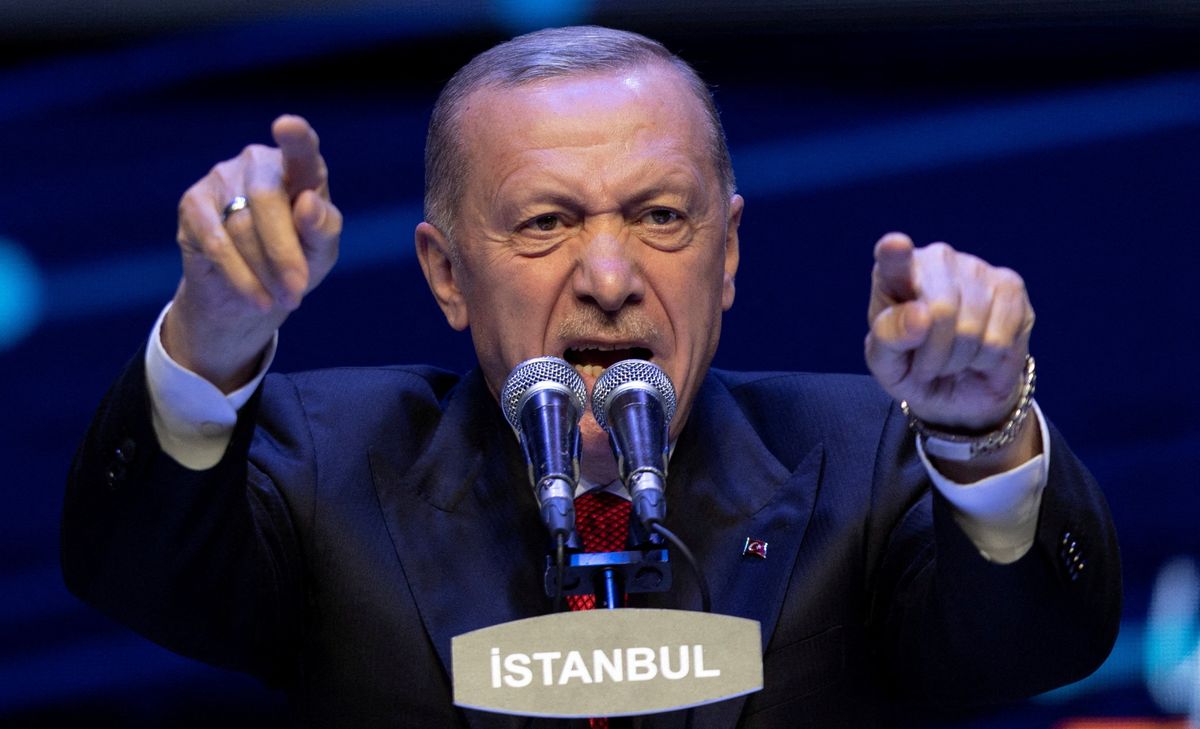By most accounts, the only real question ahead of Turkey’s presidential runoff this weekend is: by how much?
It seems all but certain that incumbent president Recep Tayyip Erdogan will defeat challenger Kemal Kilicdaroglu, a technocrat who has cast himself as a moderate alternative to Erdogan’s unique brand of Islamist-inspired populist nationalism.
In the first round, on May 14, Erdogan bucked polling expectations by taking 49% of the vote to Kilicdaroglu’s 45%, while his ruling AK Party also outperformed, winning a majority in parliament. Since then things have only gotten rosier: the third-place finisher, ultranationalist Sinan Ogan, has endorsed him, while Kilicdaroglu’s campaign has floundered.
A strong mandate will almost certainly embolden Erdogan to double down on policies that many critics thought would doom him: suppressing interest rates in order to combat inflation, cracking down on opponents and the media, driving hard bargains with the EU over migrants, and infuriating his NATO allies by keeping cozy with Vladimir Putin.
But as the election results show, Erdogan – for all his eccentric ideas, authoritarian inklings, and economic mismanagement – is genuinely popular even in a deeply divided society. Having overcome the most significant electoral challenge he has faced during his 20 years on the national stage, the wily Erdogan will be vindicated. He is unlikely to change his stripes now.





